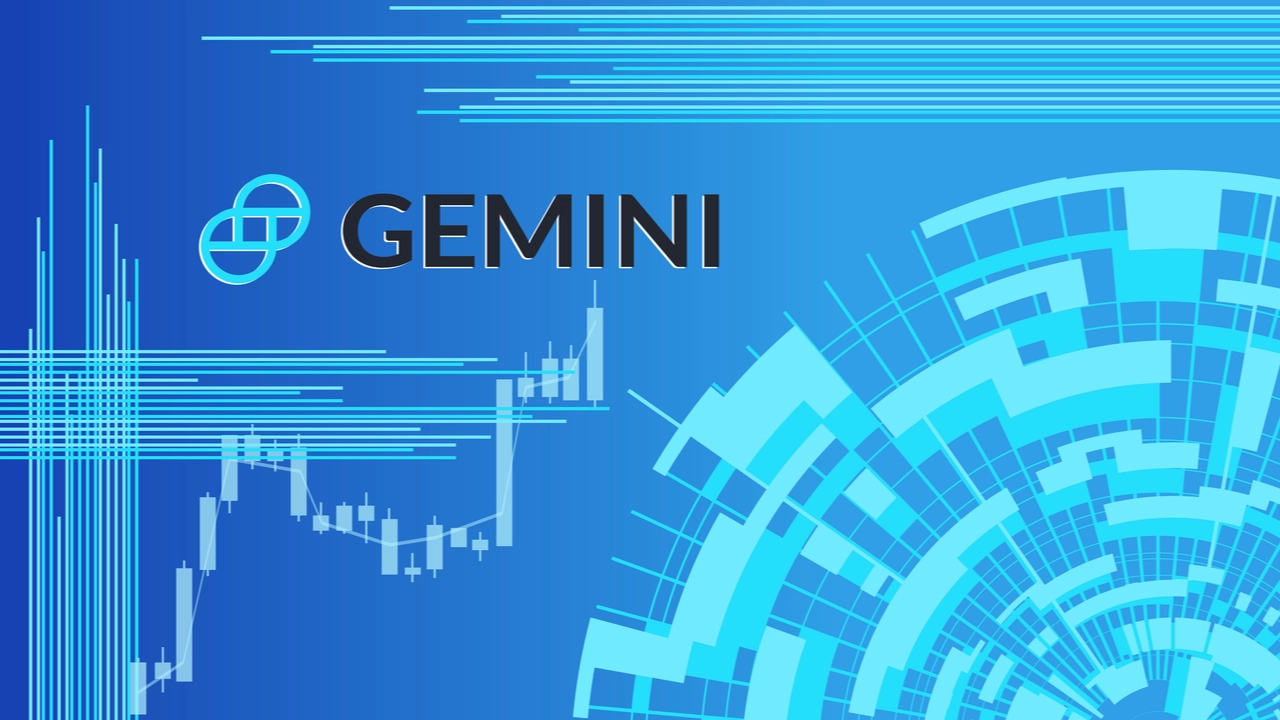Disclaimer: The information presented in this article is part of a sponsored/press release/paid content, intended solely for promotional purposes. Readers are advised to exercise caution and conduct their own research before taking any action related to the content on this page or the company. Coin Edition is not responsible for any losses or damages incurred as a result of or in connection with the utilization of content, products, or services mentioned.
As we approach 2025, the cryptocurrency world continues to attract attention for its innovation and potential returns. Whether you’re a seasoned investor or new to the space, selecting the right projects is crucial.
Among the standout names in the crypto market are Qubetics ($TICS), Ethereum, and Monero. These projects offer a unique mix of cutting-edge technology, real-world applications, and promising growth potential. Let’s dive deeper into why they’re the best coins to join now.
Qubetics: Revolutionising Blockchain with a Multi-Chain Wallet
Qubetics is setting new benchmarks in the blockchain world. Designed as a Layer 1 Web3 aggregated blockchain, it prioritises scalability, security, and interoperability, making blockchain technology accessible to businesses, professionals, and individuals.
The Qubetics presale, now in its 15th stage, is a testament to its success. With over 395 million $TICS tokens sold to more than 13,000 holders, the project has raised $8.5 million. At a price of $0.0414 per token, analysts predict a surge to $0.25 by the presale’s end, delivering a 563% ROI. Post-mainnet launch projections of $15 per token represent a staggering 39,728% ROI. A $31,000 investment today could grow to $206,875 by the presale’s close—or an extraordinary $11.6 million after the mainnet launch.
A standout feature of Qubetics is its multi-chain wallet, developed in partnership with SWFT Blockchain. This wallet redefines crypto usability by enabling users to manage multiple cryptocurrencies across different blockchains in a single, user-friendly interface.
For example, imagine a small business owner who regularly transacts in Bitcoin, Ethereum, and TICS tokens. The multi-chain wallet simplifies these operations by allowing all transactions to occur seamlessly within one secure platform. Freelancers working with international clients can also benefit by receiving payments in different cryptocurrencies without the hassle of managing multiple wallets.
Security is paramount, and Qubetics delivers with advanced encryption protocols, ensuring users’ assets remain protected at all times. This wallet is more than just a tool; it’s a game-changer for how people and businesses interact with blockchain technology.
Ethereum: The Pioneer of Smart Contracts
Ethereum has been a trailblazer in the crypto space since its launch in 2015. Known for introducing smart contracts, Ethereum revolutionised blockchain technology by enabling decentralised applications (dApps).
Smart contracts are self-executing agreements that operate without intermediaries, making them efficient and secure. For instance, a landlord could use a smart contract to automatically release a tenant’s security deposit once the lease ends, eliminating the need for manual intervention.
Ethereum’s ecosystem supports thousands of dApps in sectors like DeFi, gaming, and NFTs. Its native token, Ether (ETH), is used to pay for transactions and power these applications.
Despite challenges like high gas fees, Ethereum’s transition to Ethereum 2.0 has addressed scalability issues, ensuring faster and more sustainable operations. Its vibrant developer community and continuous innovation make it a cornerstone of the blockchain world.
Monero: The Gold Standard in Privacy Coins
Monero is the go-to cryptocurrency for those prioritising privacy and security. Unlike other cryptocurrencies, Monero uses advanced cryptographic techniques to obscure transaction details, ensuring user anonymity.
For example, imagine a journalist working in a politically sensitive region. Monero allows them to receive funds securely without revealing their identity or transaction history. This makes Monero a preferred choice for individuals and businesses needing confidentiality.
Monero’s decentralised network ensures that no central authority controls its operations. Its focus on privacy doesn’t come at the expense of usability, as the network supports fast and efficient transactions.
With increasing concerns about digital privacy, Monero’s relevance continues to grow. Its unique features have cemented its position as a leader among privacy-focused cryptocurrencies.
Qubetics’ Partnership with SWFT Blockchain: A Wallet That Changes the Game
Qubetics’ collaboration with SWFT Blockchain has resulted in a state-of-the-art multi-chain wallet that addresses some of the biggest challenges in crypto asset management.
For businesses, the wallet simplifies operations by allowing them to send and receive payments in various cryptocurrencies, streamlining their financial processes. Individuals can use the wallet to trade, store, and swap assets effortlessly.
Security and usability are at the core of this wallet, making it ideal for both experienced crypto enthusiasts and newcomers. The wallet’s cross-chain compatibility ensures seamless transactions, enhancing the overall blockchain experience.


Why Qubetics Is the Best Coin to Join for 2025
Ethereum continues to lead with its smart contract technology, and Monero addresses critical privacy concerns. But Qubetics is breaking new ground with its multi-chain wallet and focus on real-world usability.
Priced at $0.0414 during the presale, $TICS tokens offer unmatched growth potential, with projections of $15 per token post-mainnet launch. For investors seeking a revolutionary project with substantial returns, Qubetics is the clear choice.
Don’t miss out—join Qubetics today and take the first step toward the future of blockchain innovation.
For More Information:
Qubetics: https://qubetics.com
Telegram: https://t.me/qubetics
Twitter: https://x.com/qubetics










